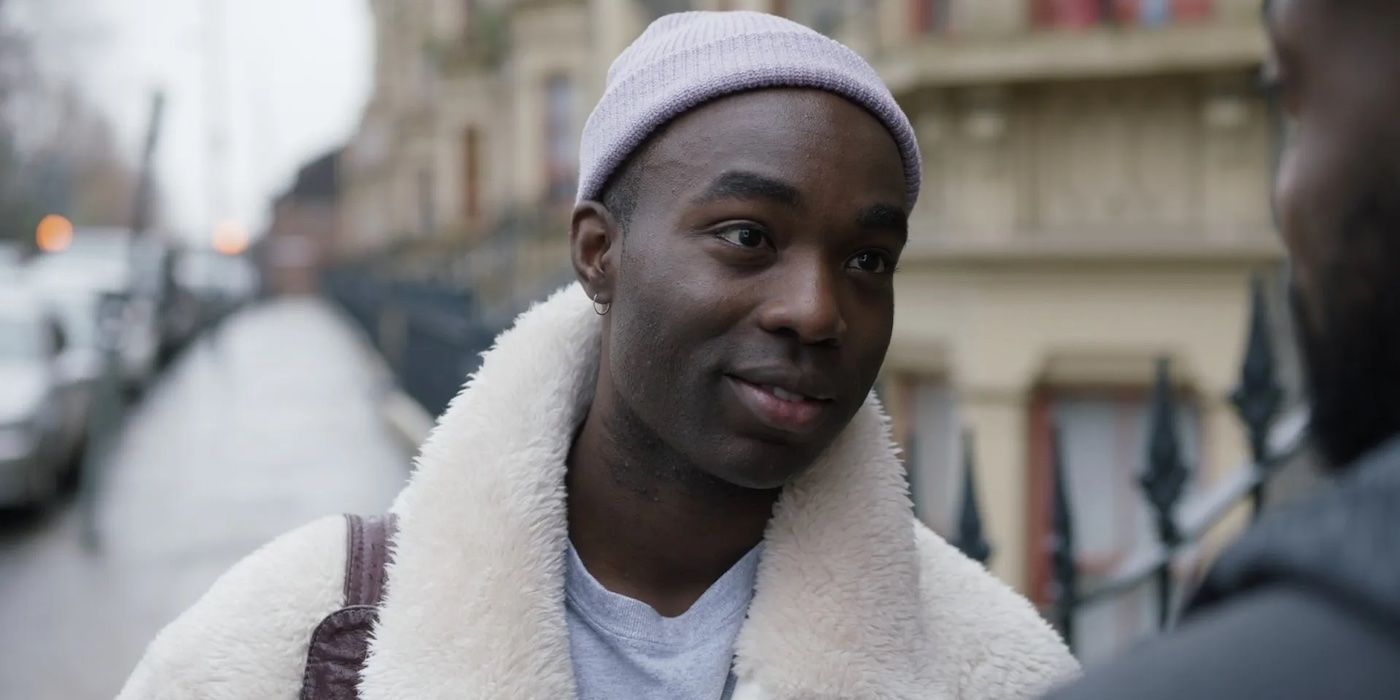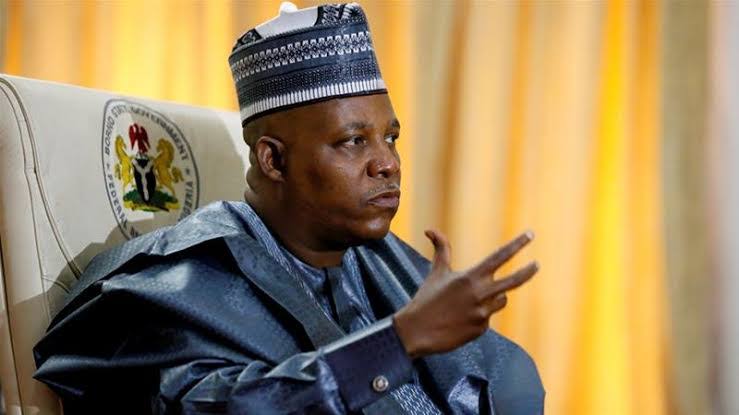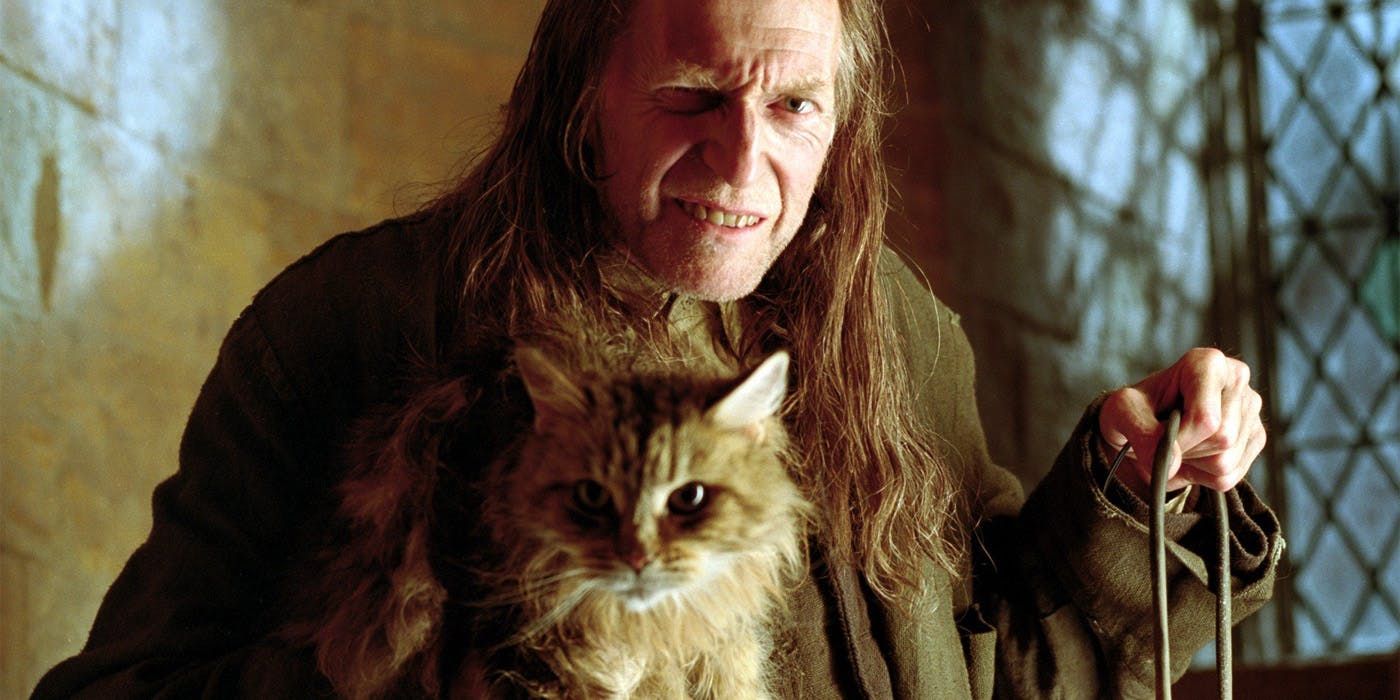The Harry Potter book series has enchanted audiences around the globe. Since its 1997 publication, it's sold hundreds of millions of copies, breaking all sorts of records along the way. To this day, nearly 30 years later, J. K. Rowling's Harry Potter is considered an iconic and beloved series. And so are the films. From 2001 to 2011, Warner Bros. produced the film franchise, one of the highest-grossing film series ever made. These eight films breathed life into Rowling's fantastical stories and colorful characters. And one of the franchise's most iconic characters, in both the books and the films, is Harry's Potions master, Severus Snape.
Oh, Snape. Rowling had us questioning Snape's loyalties to the very end. For most of the series, we joined Harry in hating his guts. But in a shocking and emotional last-minute twist, Snape is revealed to be one of the most tragic and heroic characters in Harry Potter. Snape was played by Alan Rickman in the movies. He perfectly uttered Snape's words with contempt, disdain, and boredom, delivering some of the character's most iconic quotes from the books. But not all his greatest lines made it into the movies.
Here are 10 of the best Harry Potter book quotes by Severus Snape that didn't make the final cut.
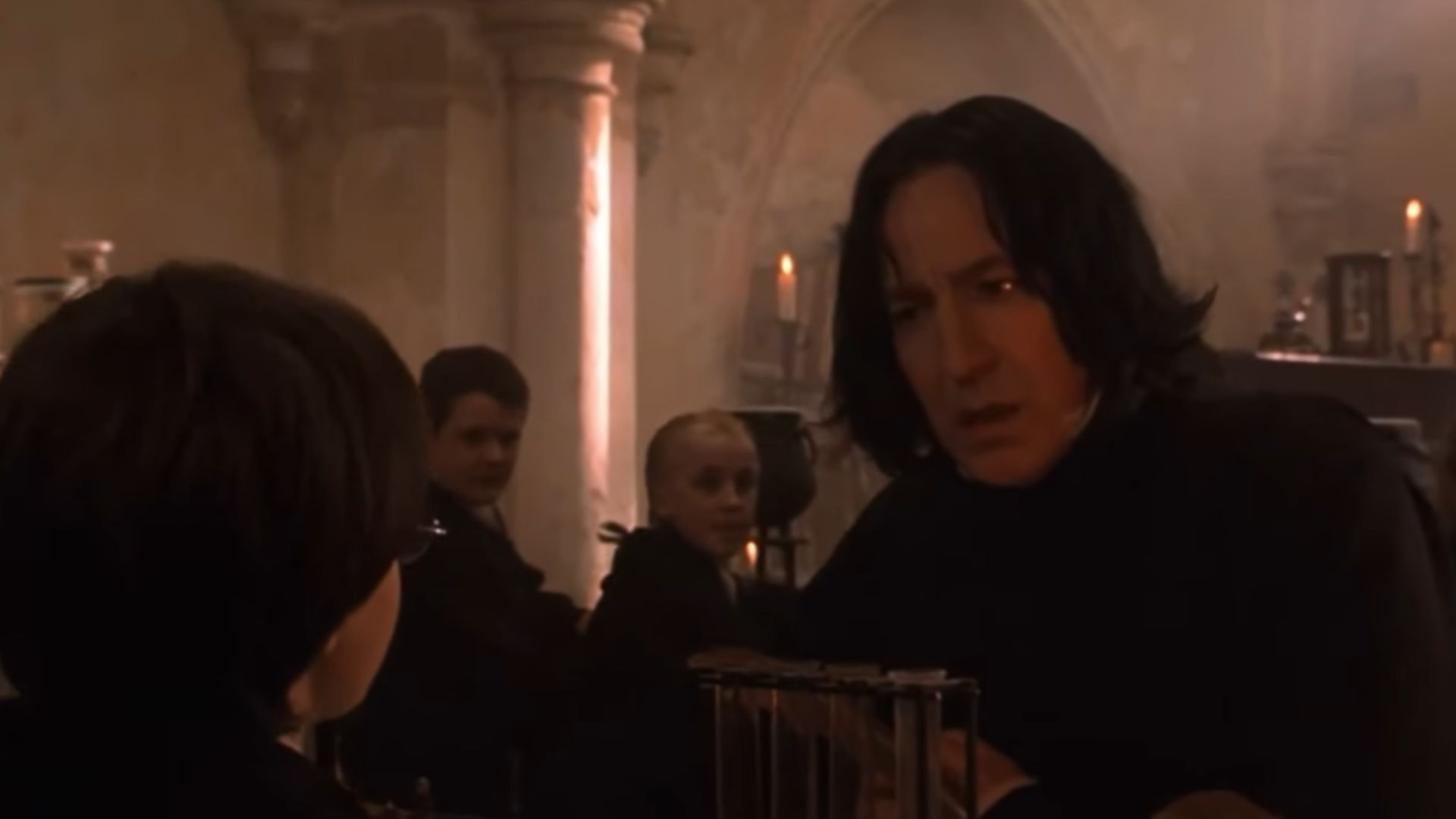
Even before you learned Snape was a Death Eater, you knew that he was passionate about the Dark Arts. It was the one class that he really, really wanted to teach, a job that he'd been after ever since the series began. In Harry Potter and the Half-Blood Prince, the sixth book, Snape finally gets his wish. He becomes the new Defense Against the Dark Arts teacher. The book demonstrates just how passionate Snape is on the subject, as he delivers a poetic monologue in one of his classes:
"The Dark Arts are many, varied, ever-changing, and eternal. Fighting them is like fighting a many-headed monster, which, each time a neck is severed, sprouts a head even fiercer and cleverer than before. You are fighting that which is unfixed, mutating, indestructible."
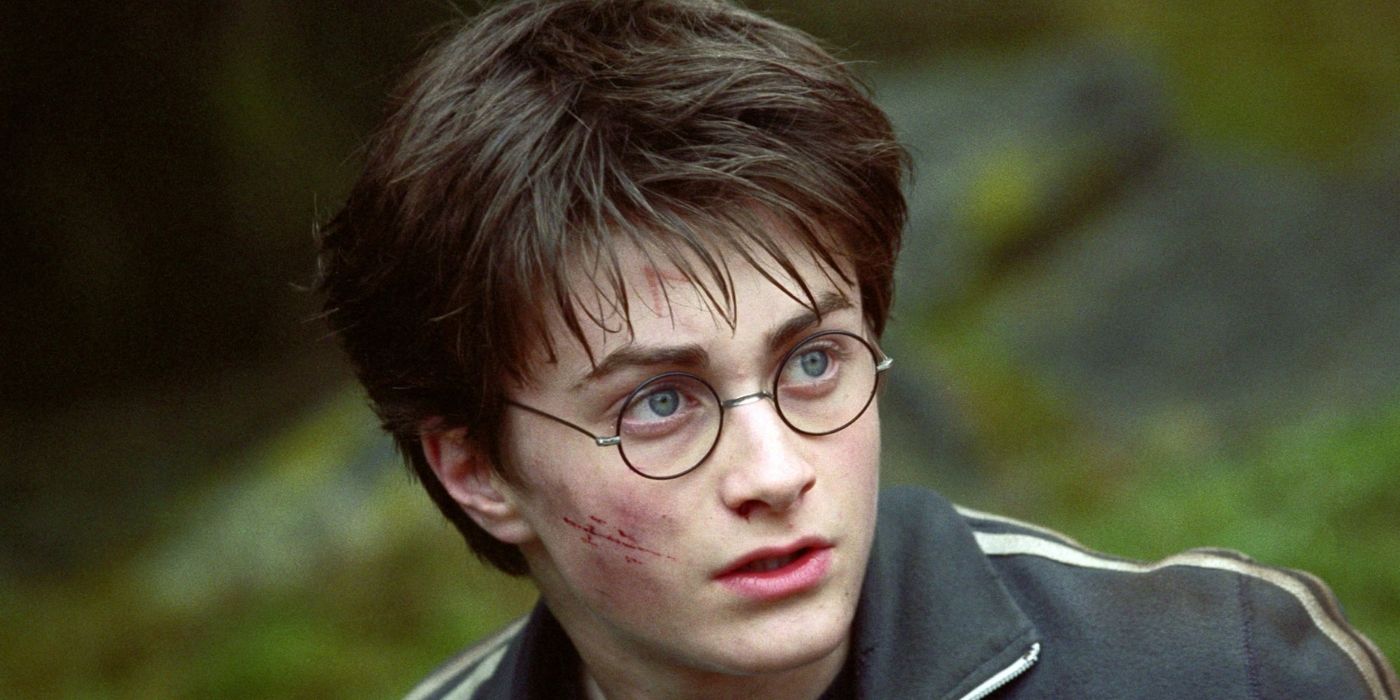
Related
10 Famous Actors Who Turned Down Roles in 'Harry Potter'
One of the key ingredients to the success of the Harry Potter franchise is its stellar cast, but a few major roles almost looked very different.
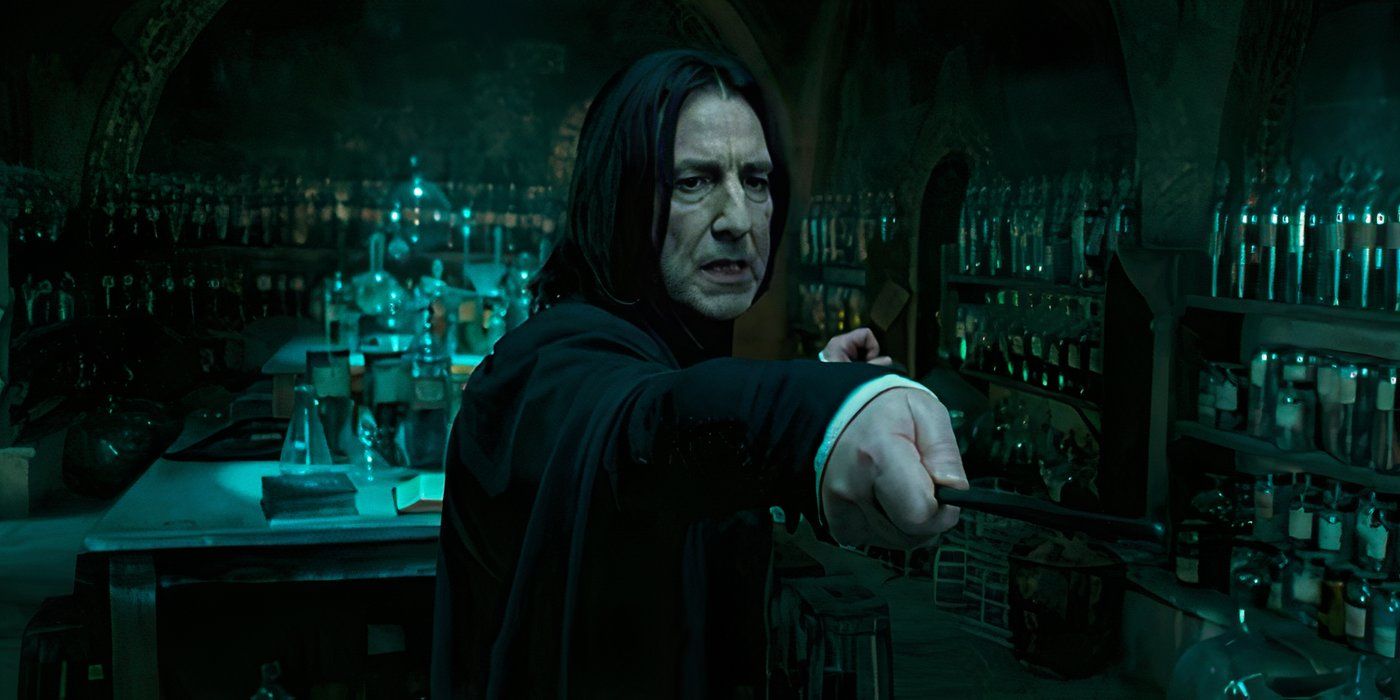
In the fifth book, Harry Potter and the Order of the Phoenix, Snape agrees to give Harry Occlumency lessons in order to protect his mind from being invaded or controlled by Lord Voldemort. Harry's Occlumency lessons are some of the best scenes in the book, highlighting the tension and contempt between these two characters. Harry's Occlumency lessons are fleshed out in the books. The movies gloss over these scenes pretty quickly, and in doing so, we miss some of their juiciest moments.
At one point during the lesson, Snape coldly tells Harry, "That is just as well, Potter, because you are neither special nor important, and it is not up to you to find out what the Dark Lord is saying to his Death Eaters." Fed up with Snape's attitude, Harry lets his rage get the best of him (which happens a lot in this book) and hits back with, "No -- that's your job, isn't it?" The rest of this tense moment plays out as follows:
For a long moment they stared at each other, Harry convinced he had gone too far. But there was a curious, almost satisfied expression on Snape's face when he answered. "Yes, Potter," he said, his eyes glinting. "That is my job."
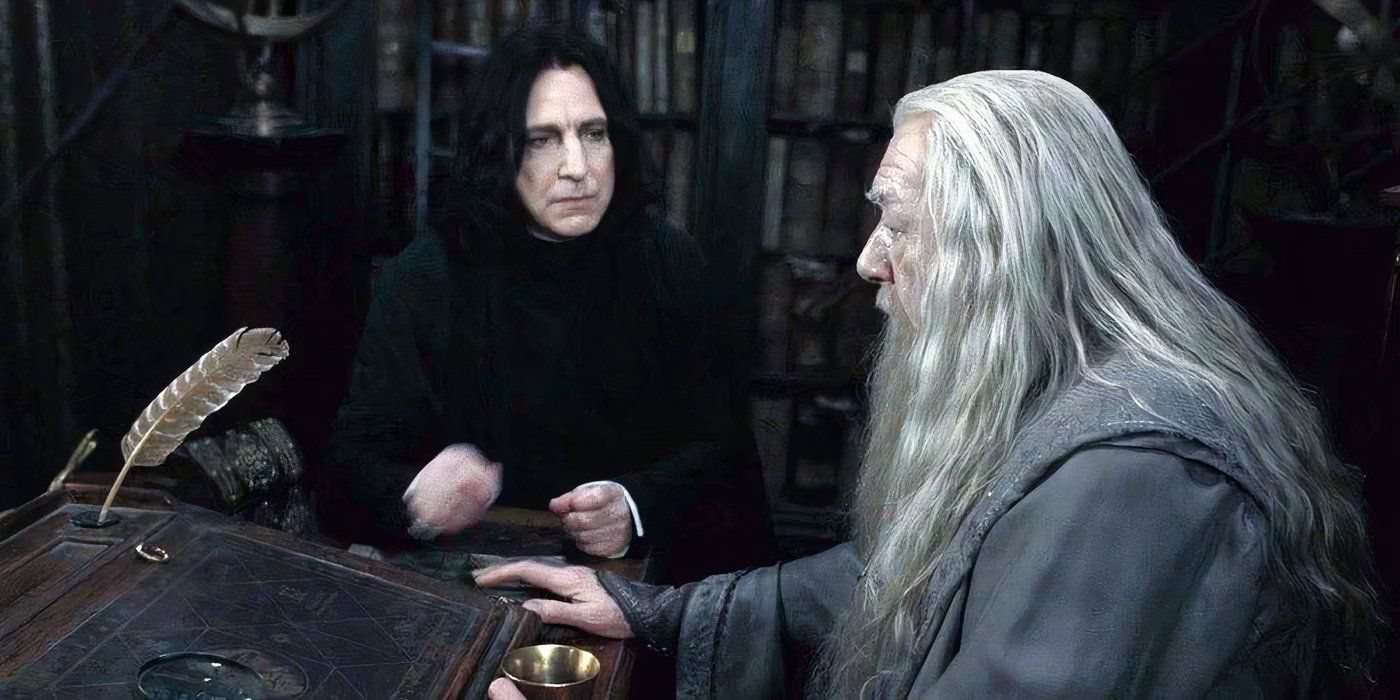
Snape is a sassy and sardonic character. His words ooze with dry sarcasm, especially during Rickman's performance. But one of Snape's funniest, sassiest moments happens during a conversation with Dumbledore. In the final book, Harry Potter and the Deathly Hallows, Harry uses a magical artifact, the Pensieve, to take a trip through Snape's memories. He witnesses a conversation where Dumbledore, after learning that he only has a year left to live, casually tells Snape to murder him.
Here's the exact line, word for word from the book: “Would you like me to do it now?” asked Snape, his voice heavy with irony. “Or would you like a few moments to compose an epitaph?” Oh, the sass. Unfortunately, the movie cut out this piece of the conversation. And it's not the only good line to get the ax.
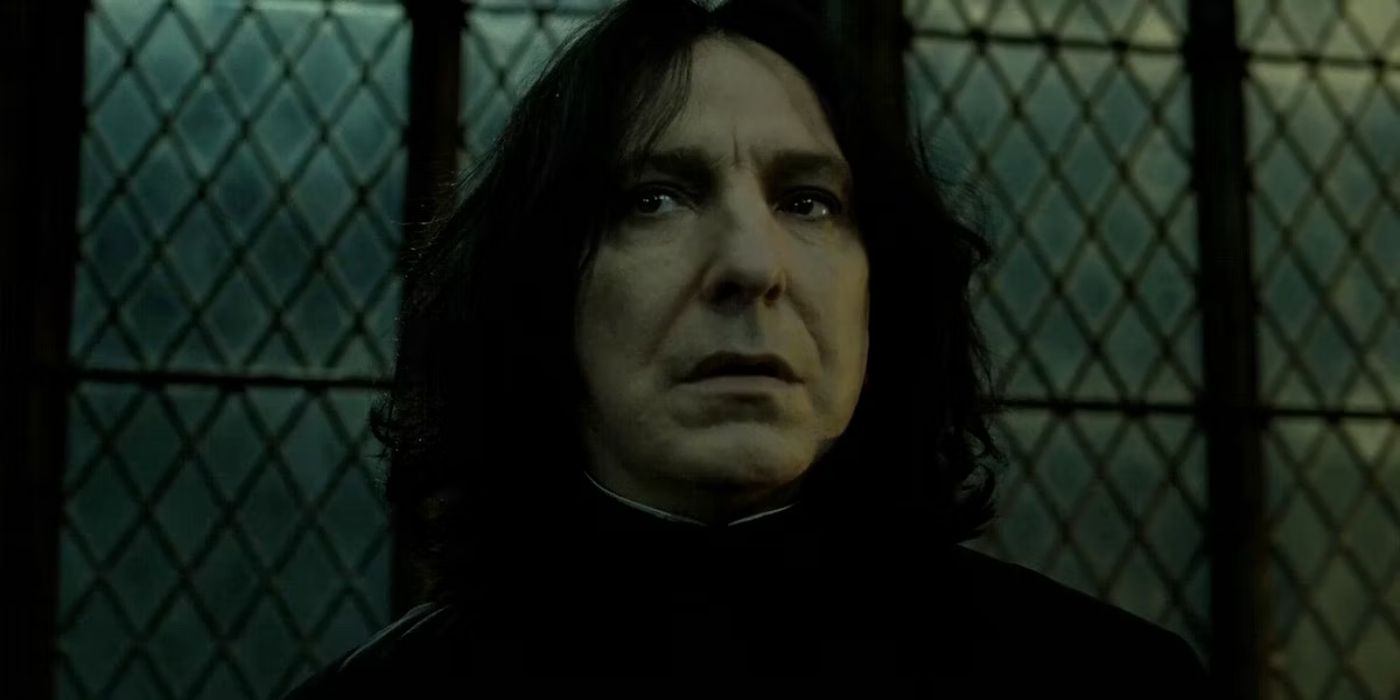
In that same conversation, Dumbledore reveals Harry Potter's biggest twist. A piece of Voldemort lives inside Harry. And the only way to ensure the Dark Lord's demise is by killing Harry at the right moment.
Surprisingly, Snape is horrified by Dumbledore's words. "Don't look shocked, Severus. How many men and women have you watched die?" asks Dumbledore. "Lately, only those whom I could not save," replies Snape. This line emphasizes the regret and anguish that Snape carries on his shoulders throughout the Harry Potter series, further highlighting him as a tragic figure.
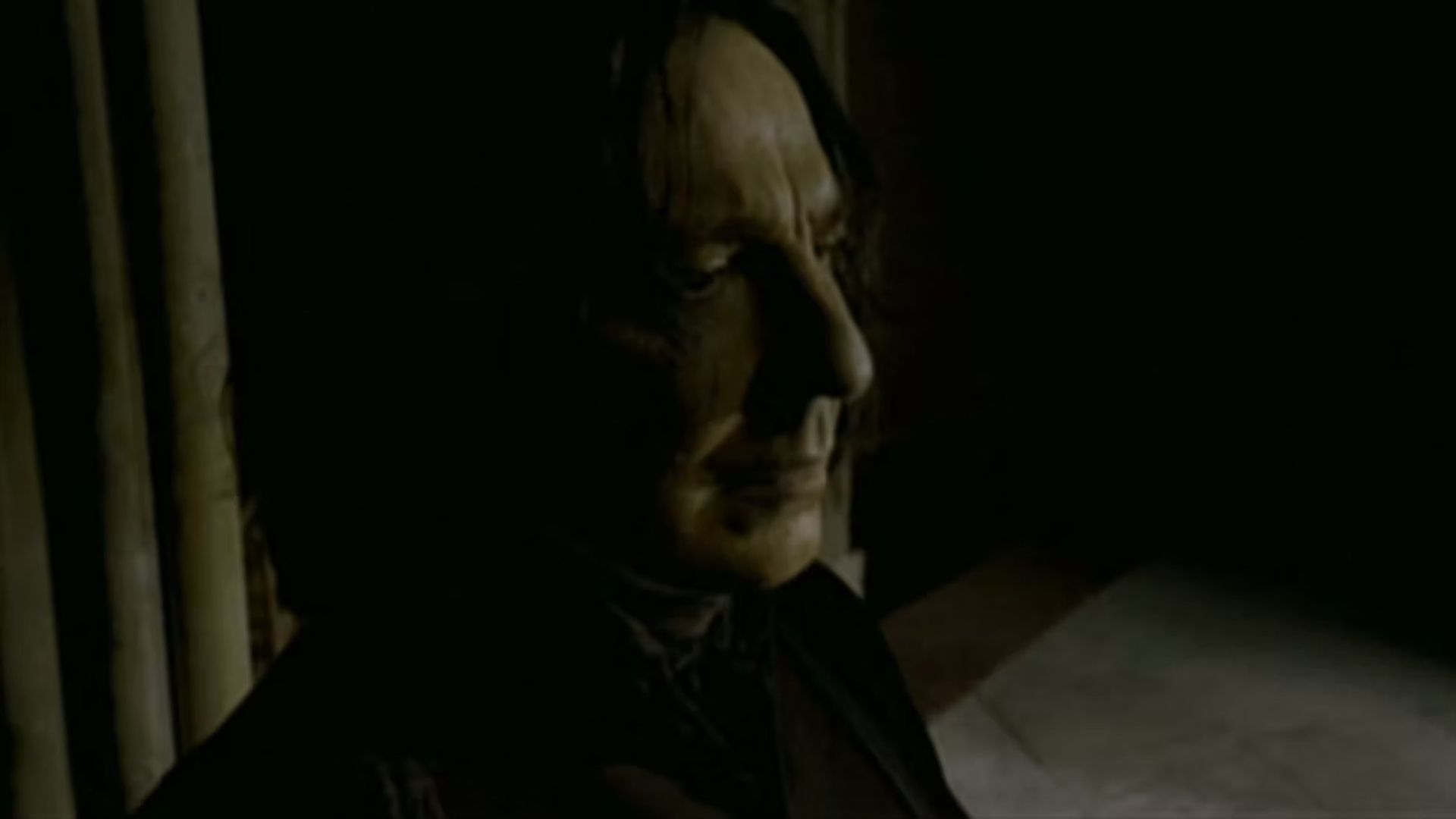
This might seem like a weird quote to include in this list, and also an unnecessary line to leave in the movie. But once you understand the context, these two little words take on an entirely new meaning. In Harry Potter and the Deathly Hallows, Snape tells Dumbledore that Voldemort plans to murder the love of his life, Lily, along with her infant child, in order to prevent a prophecy.
Snape blubbers and begs Dumbledore to help Lily. But in the books, Dumbledore has a different solution. “If she means so much to you, surely Lord Voldemort will spare her? Could you not ask for mercy for the mother, in exchange for the son?” Snape's response: “I have — I have asked him —” It's an ice-cold response that demonstrates just how much Snape loves Lily -- and also the twisted, desperate lengths that he's willing to go to save her.
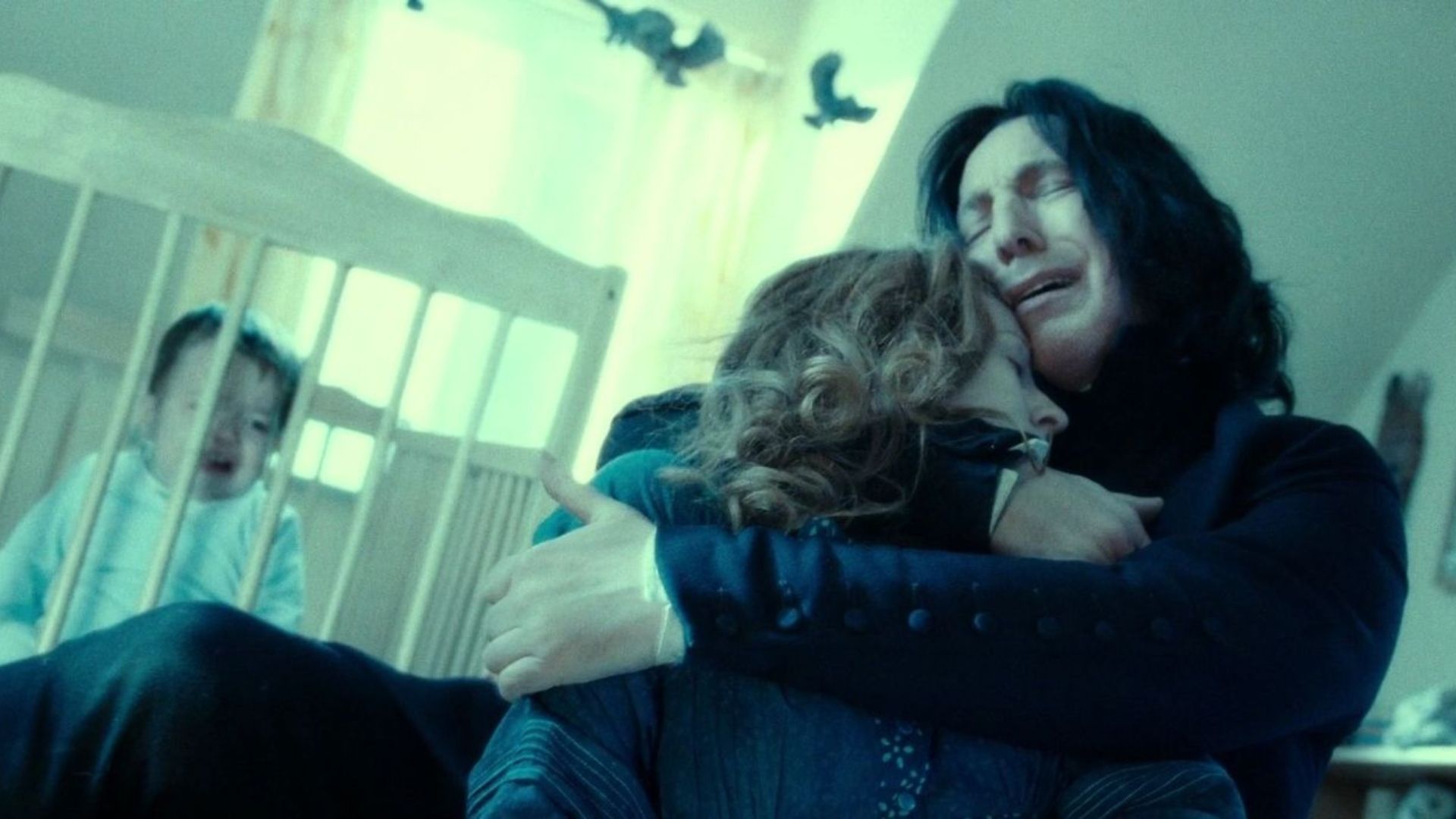
But of course, we all know what happens to poor Lily Potter. Snape does not save her, nor does Dumbledore. She's murdered by Lord Voldemort in front of her infant son.
Snape is devastated by Lily's death. The film, Harry Potter and the Deathly Hallows Part II, does a fantastic job at capturing Snape's heartbreak. We watch him cradle and weep over Lily's lifeless body, creating one of the most emotional and visceral moments in the franchise. But the book takes Snape's grief to another level when he utters this line to Dumbledore after learning about Lily's death: “I wish… I wish I were dead…” That's how hard Lily's death really hits him.
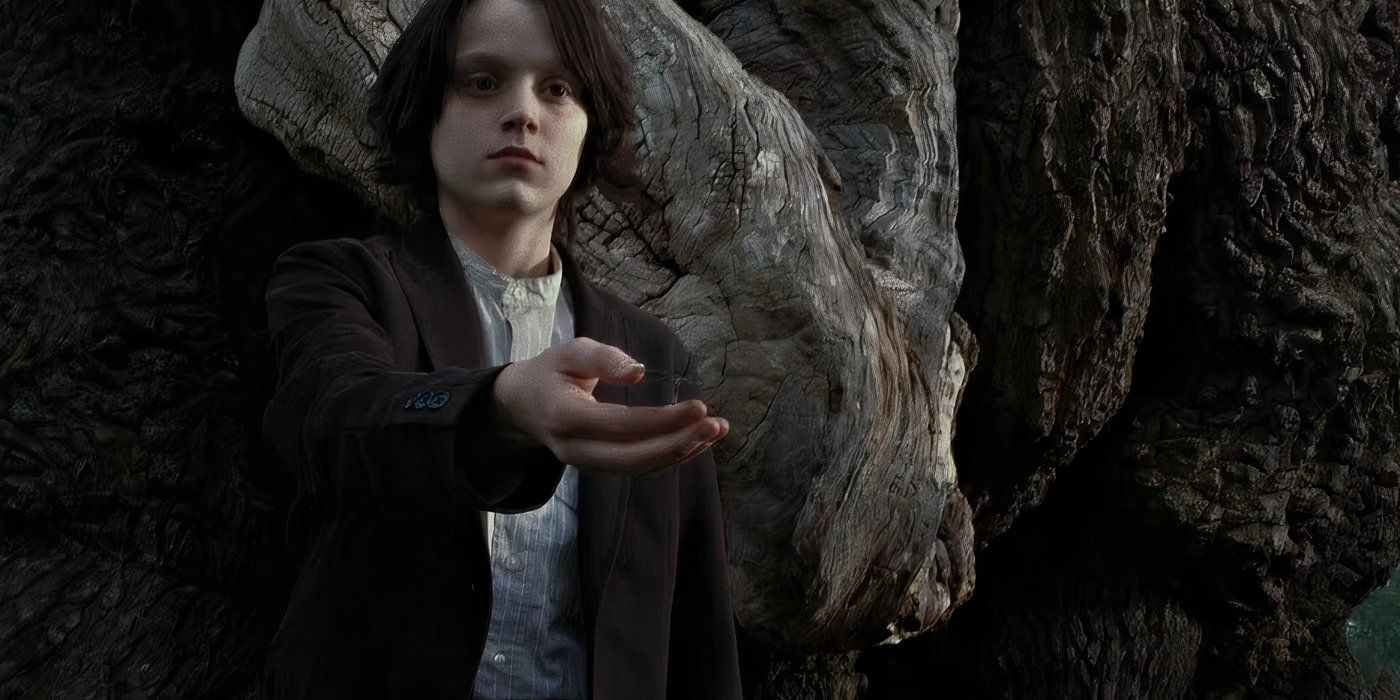
The final book fleshes out Snape's relationship with Lily, capturing their childhood friendship and delving more into their interactions. Little boy Snape doesn't speak much in the movie, but in the book, he has a lot more to say. After he's caught watching Lily and her sister from afar, he growls at Lily's sister, a young Aunt Petunia, "Wouldn't spy on you, anyway, you're a Muggle."
What's so significant about this line? It shows how, even from a young age, Snape harbored prejudices against non-magical people, paving the way for his time as a Death Eater. And this isn't the only instance where Snape's beliefs reared their ugly head.
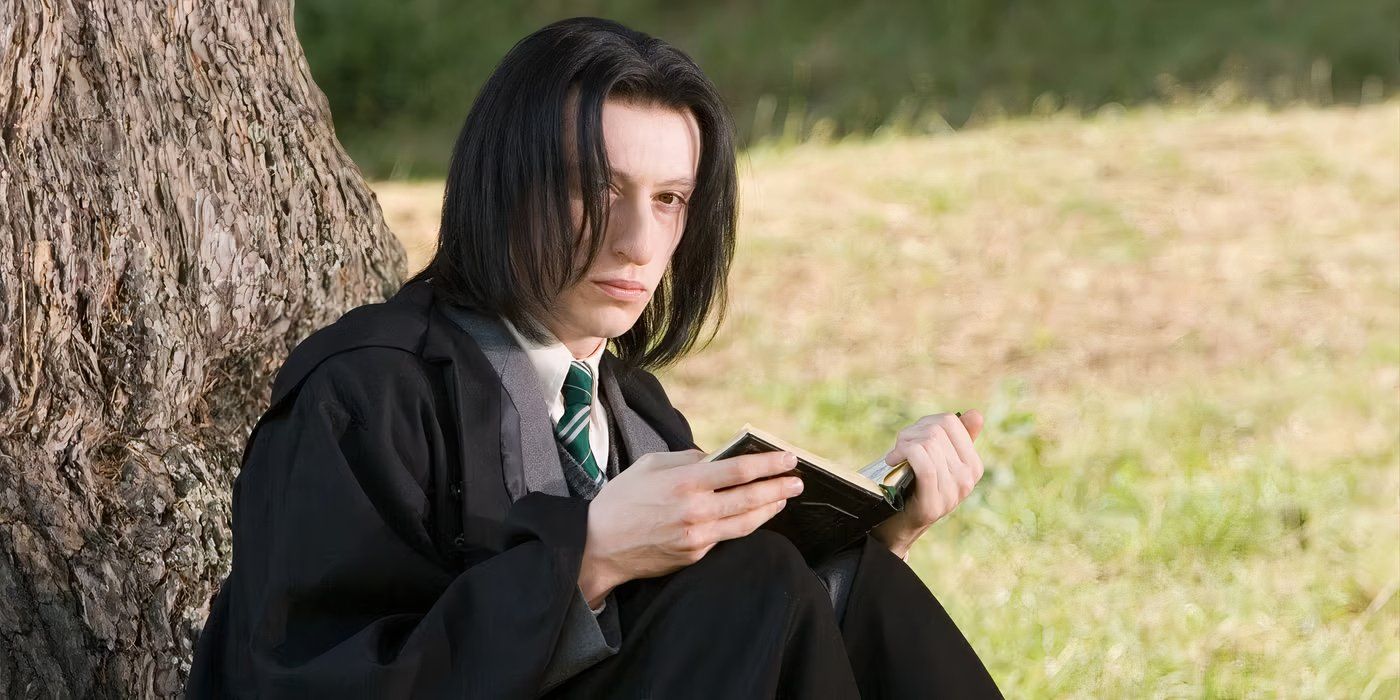
One of the best scenes in the fifth book, Harry Potter and the Order of the Phoenix, is when Harry uses the Pensieve to visit Snape's youthful memories at Hogwarts. Like Harry, we're thrilled to see Harry's teenage father, James Potter, along with a young Sirius, Lupin, and Pettigrew. This particular memory shows James and his cronies tormenting a young Snape, and then getting reprimanded for their actions by Harry's teenage mother, Lilly.
Fans couldn't wait to see this scene play out in the movie. But the film wound up turning this chapter into a minute-long montage, offering only glimpses of these characters and snippets of dialogue. One of the lines that wound up on the cutting room floor was Snape's response to Lily when she tried to stop James' bullying. "I don't need help from filthy little Mudbloods like her!" In the wizarding world, Mudblood is an offensive and derogatory word. And he used it against someone he loved. Sure, Snape was a heroic figure in the end, but he certainly had his flaws.

At the same time, flawed characters can change, grow, and learn from their mistakes, even Severus Snape. In the final book, Harry Potter and the Deathly Hallows, Phineas Nigellus calls Hermione a Mudblood. Snape has always been quick to belittle and poke fun at Hermione for her know-it-all attitude. But in this moment, Snape actually defends Hermione and becomes enraged, shouting at Phineas, "Do not use that word!"
This line connects this scene with a significant moment from Snape's past -- when he used that word against Lily. His contempt highlights the growth in Snape's character, hinting at the regret and guilt he feels for using this word against Lily.
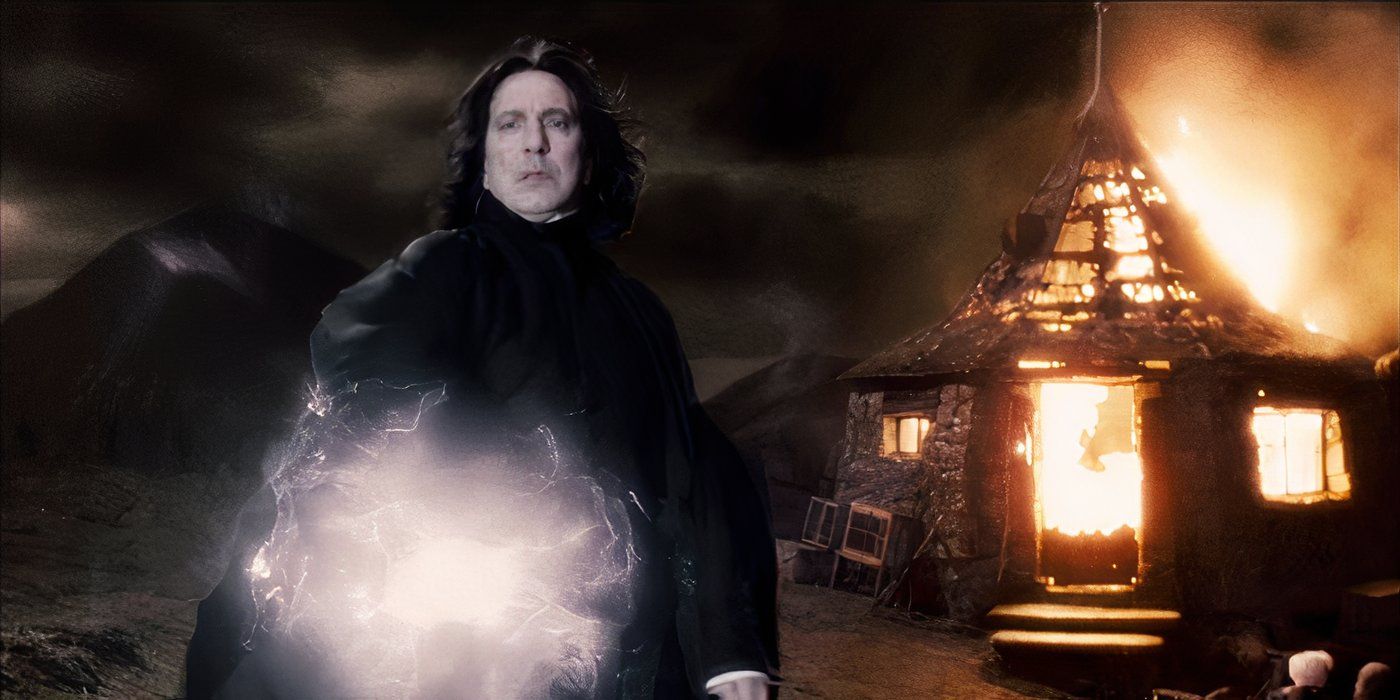
The sixth film, Harry Potter and the Half-Blood Prince, downplays Snape's emotions during the story's most climactic scene -- the moment he kills Dumbledore. If you read this scene in the books, you'll come across this sentence: "Snape gazed for a moment at Dumbledore, and there was revulsion and hatred etched in the harsh lines of his face." Now compare this description to the same scene in the movie. Here, Snape looks hesitant, even pained to kill Dumbledore -- not that Harry notices.
In both the book and the film, Harry chases Snape down, blinded by rage, hurtling both spells and insults at his old Potions master. But there's one insult that really gets under Snape's robes -- being called a coward.
Here's the passage, word for word, from the book: "DON'T-' screamed Snape, and his face was suddenly demented, inhuman, as though he was in as much pain as the yelping, howling dog stuck in the house behind them- 'CALL ME A COWARD!” Again, compare this description to the same scene in the movie. Snape appears calm, bored even by his confrontation with Harry. There's not a trace of demented, inhuman rage. And maybe there should be. Snape probably feels like he's had to sacrifice a lot during his life -- and being called a coward undermines all that effort and loss.
